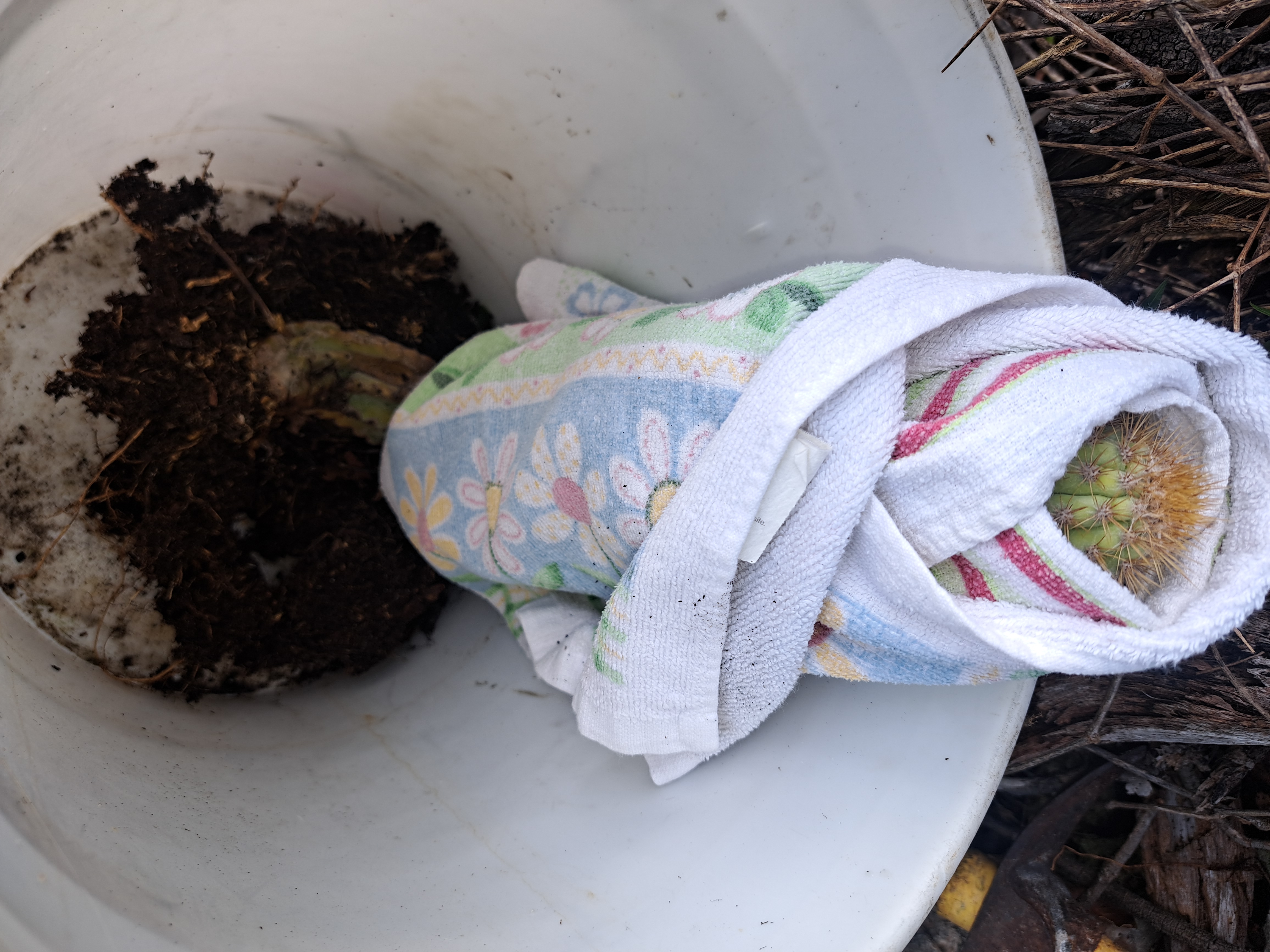The global climate crisis is playing havoc with temperatures and environments across the world. In Death Valley, the highest-ever recorded temperature looks like it could be broken once again as scorching heat leads experts to put out warnings. Sea level rise has also claimed its first local extinction in the USA in the form of the Key Largo tree cactus.
The Key Largo tree cactus (Pilosocereus millspaughii) was only discovered in 1992, in a small population in the Florida Keys. The species does still grow on the Caribbean islands of the Bahamas and northern Cuba. By 2021, the population in Florida had been reduced from 150 stems to just six, owing to harsh weather conditions, saltwater intrusion, and the effects of mammals grazing on the plants.
“Unfortunately, the Key Largo tree cactus may be a bellwether for how other low-lying coastal plants will respond to climate change,” said Jennifer Possley, director of regional conservation at Fairchild Tropical Botanic Garden and lead author on a study that documents the population’s decline, in a statement.
In good conditions, the species can grow to be more than 6 meters (20 feet) tall, and has flowers that both smell like garlic and reflect the moonlight, which attracts their bat pollinators. Initially, when first discovered, the Key Largo tree cactus resembled the Key tree cactus (Pilosocereus robinii), leading to confusion about the identity of this new species. Both species also possess purple and red fruits but there are key differences between them.
“The most striking difference is the tuft of long, woolly hairs at the base of the flowers and fruits,” said Alan Franck, currently the herbarium collection manager at the Florida Museum of Natural History. The hair is so thick, it looks as if the cactus is covered in drifts of snow. The spines of the Key Largo cactus are also twice as long as those of the Key tree cactus.
The Key tree cactus has also faced significant problems, declining 84 percent between 1994 and 2007, and listed as federally endangered in 1984. The two biggest problems facing these species seem to be herbivory and the increased salinity of the surrounding soil, caused by particularly high ocean tides know as “king tides”.
In February 2016, a rescue mission began and the researchers collected stem fragments to cultivate at a nursery. By 2021, it was clear that the population did not have hope of recovery. A final fruiting season allowed the researchers to collect the cactus fruits which contained some viable seeds. The green parts of the cactus were then harvested and taken to two nurseries. Now, the population is restricted to this captive collection of 36 salvaged fragments, 25 seedlings, and more than 1,000 seeds held in storage.

The researchers had no choice but to remove the cactus from the habitat to try to save the species.
Image Credit: Trudy Ferraro
The team returned to the area in both 2022 and 2023 in the hopes of collecting more samples that could have been missed. Only in 2023 did they find a small fragment that they chose to remove from the area since it was clear it would succumb to sea level rise.
Species in the Florida Keys are especially vulnerable to sea level rise because of the low-lying nature of the land in that region. Extreme weather, habitat destruction, and poaching all play a part in reducing population sizes of vulnerable species. The team suggests that long-term conservation plans for other at-risk plants are already in progress, and cooperation is still needed at both local and governmental levels to succeed at protecting these species both in and ex-situ.
The paper is published in the Journal of the Botanical Research Institute of Texas.
Source Link: Florida Cactus Is First Local Extinction In USA Due To Sea Level Rise